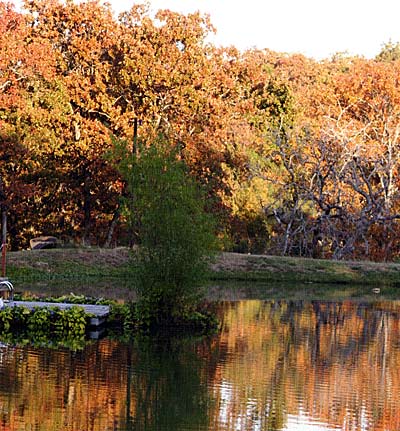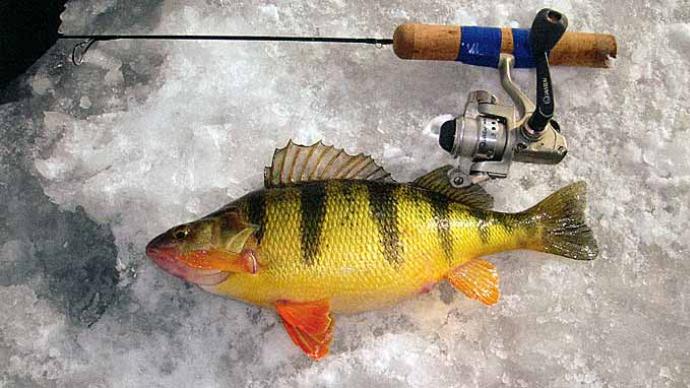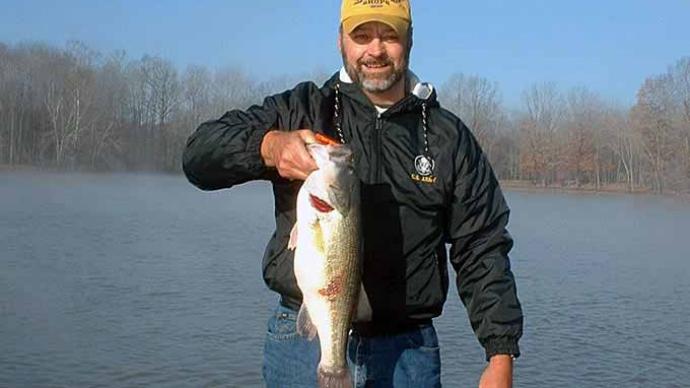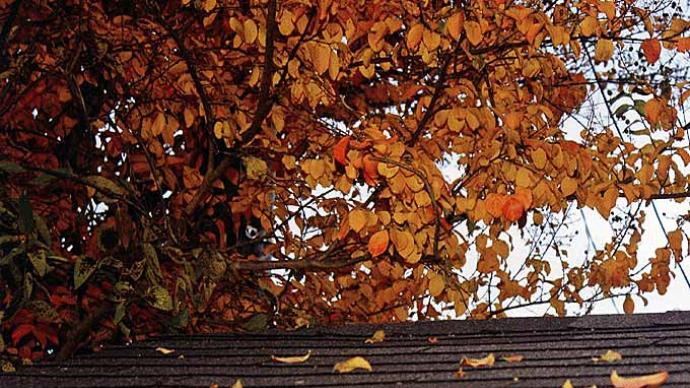
I got a call in late October from a pond meister wondering if his pond "Goes to sleep." He's located in northwestern Arkansas, not far from the Missouri border.
The answer is "No." ...it just shifts to a slower gear. Plants don't grow as well; fish metabolism slows way down. Water temperature drops. It's affinity for oxygen rises. The decomposition of organic matter slows but doesn't stop.
Fish eat but don't need nearly as much. Different species have different tolerances for cold, but bass, for example, are incredibly sluggish once the water temperature drops below 55. Bass will still eat, but since their heart rate is slower and their digestion rate has dropped, they don't need to eat the mass of food they did when water temperatures were warmer.
On the other hand, Bluegill feed fairly actively until the temps hit the mid-40s. Then, they slow down.
What's really interesting is that the most aggressive fish during the warmer months continue to be the most aggressive during winter as well. I've managed several lakes where we fed bluegills and just cut the feed way back in winter. But a handful of fish continued to eat a little bit at a time. Those aggressive feeders gained weight over winter.
Most weight gains are attributed to egg production. During cold months, fish are developing eggs, and as the water temperature warms next spring, the rate of development escalates.
Aquatic plants either go dormant or die off. Those that are dormant will have a jump start when the temperature rises next spring. The ones that die have left behind rhizomes or a seed bank to ensure their opportunity for the next season of growth.
Can you catch fish in winter? Sure, you need to go really slow. There may be a few bluebird days where the fish will bite hardier than other days, but that's part of the fun.
While your pond doesn't really go to sleep, it at least takes a rest. The water can catch up with its clarity, cleanse itself of excess gases, and prepare for next spring.
Enjoy the pause.
Your pond has earned it.
Reprinted with permission from Pond Boss Magazine



